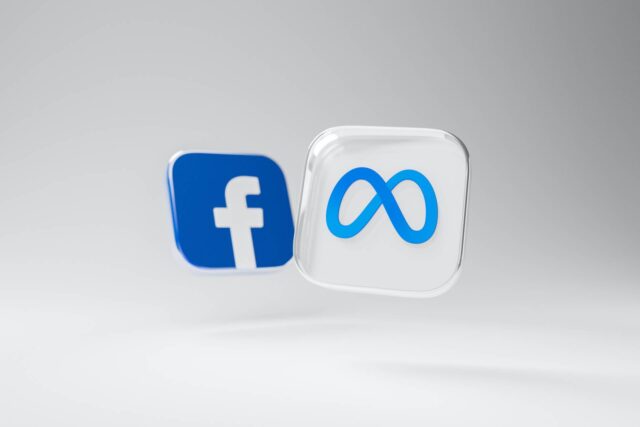Meta Platforms, the tech giant behind Facebook and Instagram, has unveiled a significant shift in its European strategy. In response to the European Union’s stringent regulations, the company will halt ad displays for European teenagers and introduce a subscription-based model for its social media platforms, according to a report by The Wall Street Journal.
Ad suspension for European teens
Starting the week of November 6, Meta will temporarily cease showing ads to all European users under 18. This decision aligns with new EU laws and stricter interpretations of the bloc’s privacy regulations. One such law prohibits the display of ads to minors based on online profiling. While this suspension is currently temporary, Meta has expressed intentions to assess the implications of these new EU regulations further, promising more detailed updates in the upcoming months.
Subscription choices for adult users
Adult users in Europe face a pivotal choice. They can either permit Meta to use their digital activity for ad targeting or opt for a monthly subscription to enjoy ad-free experiences on Facebook and Instagram. The subscription fee is €9.99 for desktop and €12.99 for mobile, the latter accounting for Apple and Google app-store fees. Meta plans to roll out this subscription choice in the coming weeks.
This subscription model emerges as a strategy to counter potential threats to Meta’s primary revenue source: targeted advertising. EU privacy regulators have been pressuring Meta to obtain user consent before displaying behavioral ads, which are tailored based on users’ online actions. Although Meta initially proposed seeking such consent, it later suggested charging users who decline. This proposition met with resistance from some privacy regulators who felt the proposed fees didn’t offer users a genuine choice regarding data sharing.
Additional charges and global implications
Alongside the main subscription announcement, Meta also introduced charges for additional linked accounts: €6/month for desktop and €8/month for mobile. The company highlighted that other tech platforms, including YouTube, Netflix, and Spotify, levy similar fees for ad-free services.
However, U.S. users shouldn’t anticipate a similar subscription model in the near future. Despite the European changes, Meta, which garnered over $113 billion in advertising revenue last year, remains committed to an ad-supported internet. The company believes in providing access to personalized products and services to users, irrespective of their financial standing.











